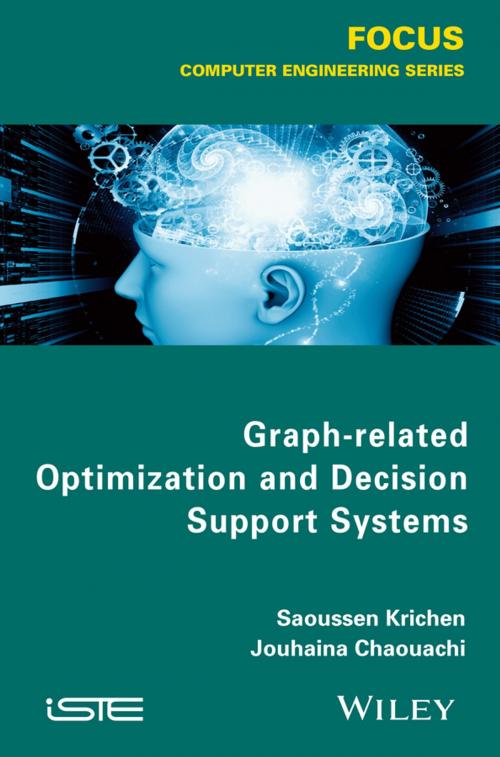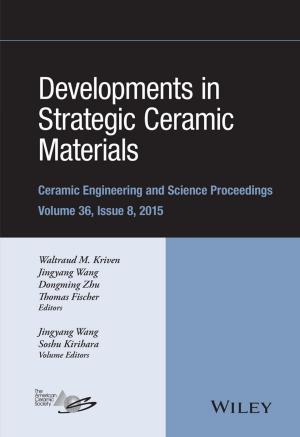Graph-related Optimization and Decision Support Systems
Nonfiction, Computers, Advanced Computing, Information Technology| Author: | Saoussen Krichen, Jouhaina Chaouachi | ISBN: | 9781118984246 |
| Publisher: | Wiley | Publication: | September 10, 2014 |
| Imprint: | Wiley-ISTE | Language: | English |
| Author: | Saoussen Krichen, Jouhaina Chaouachi |
| ISBN: | 9781118984246 |
| Publisher: | Wiley |
| Publication: | September 10, 2014 |
| Imprint: | Wiley-ISTE |
| Language: | English |
Constrained optimization is a challenging branch of operations research that aims to create a model which has a wide range of applications in the supply chain, telecommunications and medical fields. As the problem structure is split into two main components, the objective is to accomplish the feasible set framed by the system constraints. The aim of this book is expose optimization problems that can be expressed as graphs, by detailing, for each studied problem, the set of nodes and the set of edges. This graph modeling is an incentive for designing a platform that integrates all optimization components in order to output the best solution regarding the parameters' tuning. The authors propose in their analysis, for optimization problems, to provide their graphical modeling and mathematical formulation and expose some of their variants. As a solution approaches, an optimizer can be the most promising direction for limited-size instances. For large problem instances, approximate algorithms are the most appropriate way for generating high quality solutions. The authors thus propose, for each studied problem, a greedy algorithm as a problem-specific heuristic and a genetic algorithm as a metaheuristic.
Constrained optimization is a challenging branch of operations research that aims to create a model which has a wide range of applications in the supply chain, telecommunications and medical fields. As the problem structure is split into two main components, the objective is to accomplish the feasible set framed by the system constraints. The aim of this book is expose optimization problems that can be expressed as graphs, by detailing, for each studied problem, the set of nodes and the set of edges. This graph modeling is an incentive for designing a platform that integrates all optimization components in order to output the best solution regarding the parameters' tuning. The authors propose in their analysis, for optimization problems, to provide their graphical modeling and mathematical formulation and expose some of their variants. As a solution approaches, an optimizer can be the most promising direction for limited-size instances. For large problem instances, approximate algorithms are the most appropriate way for generating high quality solutions. The authors thus propose, for each studied problem, a greedy algorithm as a problem-specific heuristic and a genetic algorithm as a metaheuristic.















